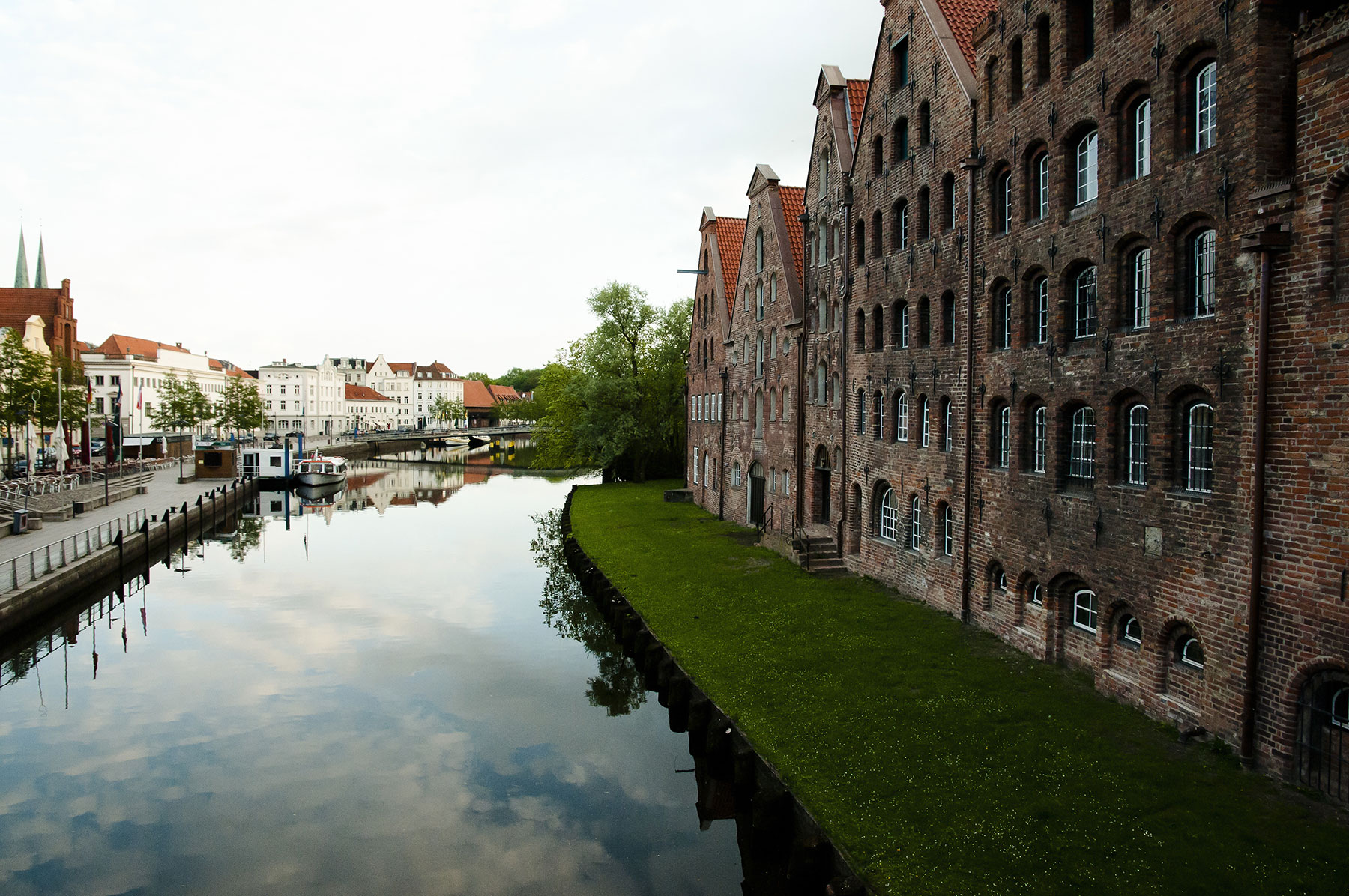
In this behind-the-scenes interview with Blogcritics, M.J. Joseph discusses the unique challenges writers sometimes face.
Joseph has been woodshedding fiction for many years and, until the publication of his novel, The Lübecker, he contumaciously ignored any suggestions that he share his work with anyone, especially relatives. Joseph and his wife have two children and reside in North America.
BC: Congratulations on the release of your latest book, The Lübecker. When did you start writing and what got you into fiction?
Thank you very much. I have been writing fiction for many years, but, except during a moment when I overcame my innate diffidence concerning my writing and shared the manuscript of The Lübecker with several friends, I had never entertained offering any of my work for publication.
BC: What is your book about?
The book is thematically layered, but a consideration of the influence of self-knowledge upon identity is presented in the Bildungsromane of interlacing narratives of a merchant’s son from the Hanseatic German city of Lübeck and a doctor’s daughter from the American South. The book is set primarily within the Western European and Middle Eastern milieu of the period between 1882 through 1915.
The work was inspired primarily by my interest in, and study of, the life and work of Lou Andreas-Salome, European and family history immediately preceding World War I. Finally, I wanted to reimagine some of the later consequences of the Thirty Years War using classical allusions, imagery and relatively obscure delitescent writings from the late fourteenth and fifteenth centuries.
BC: What type of challenges did you face while writing this book?
One of the primary challenges to writing The Lübecker was simply pacing the narratives, as it introduces the primary characters and action to be carried-through a series of four volumes. Contrariwise, a particular challenge to constructing the plot was the weight of developing the book’s primary characters upon the progression of the story in The Lübecker.
BC: What do you hope readers will get from your book?
I certainly want all of my readers to be entertained by the story, but also hope that the allusions to sacred and Classical literature that inform the characters’ mythos energize the reading experience. The book doesn’t impose a didactic quodlibet, and I hope readers will appreciate the Symbolist approach, which will be more pronounced in the subsequent stories.
BC: Did your book require a lot of research?
Much of the story is derived from my experience in Europe, and friendship with Europeans, but a good deal of historical research was necessary to establish events within the novel’s timeline. Most of the elements necessary to develop the American narrative were derived from first-hand experience and family history, but I must acknowledge the influence of author Eli Evans’ work in reinforcing my portrayal of some of the American characters.
BC: What do you do when your muse refuses to collaborate?
I find enough practical work, such as research, editing, etc., to sustain my interest. Writing happens, or it doesn’t, and when it doesn’t, I take also the opportunity to spend time with those who forgive my absences when I am able to embrace the muse.
BC: Many writers experience a vague anxiety before they sit down to right. Can you relate to this?
I’ve never felt anxious before writing. I usually feel excited and focused, to some degree, but when characters begin taking my imagination in surprising directions, I become a little anxious until I can regain their cooperation.
BC: Do you have a writing schedule? Are you disciplined?
Yes, to both questions. I begin preparing about 7:00 a.m., reviewing progress and notes, start writing by 9:00 a.m. and continue until 4:30 p.m., or later, depending on the season. I don’t usually find myself motivated to continue after nightfall, unless the muse is particularly insistent. I do, however, limit writing to no more than four days a week.
To read the full interview with Blogcritics click here.
